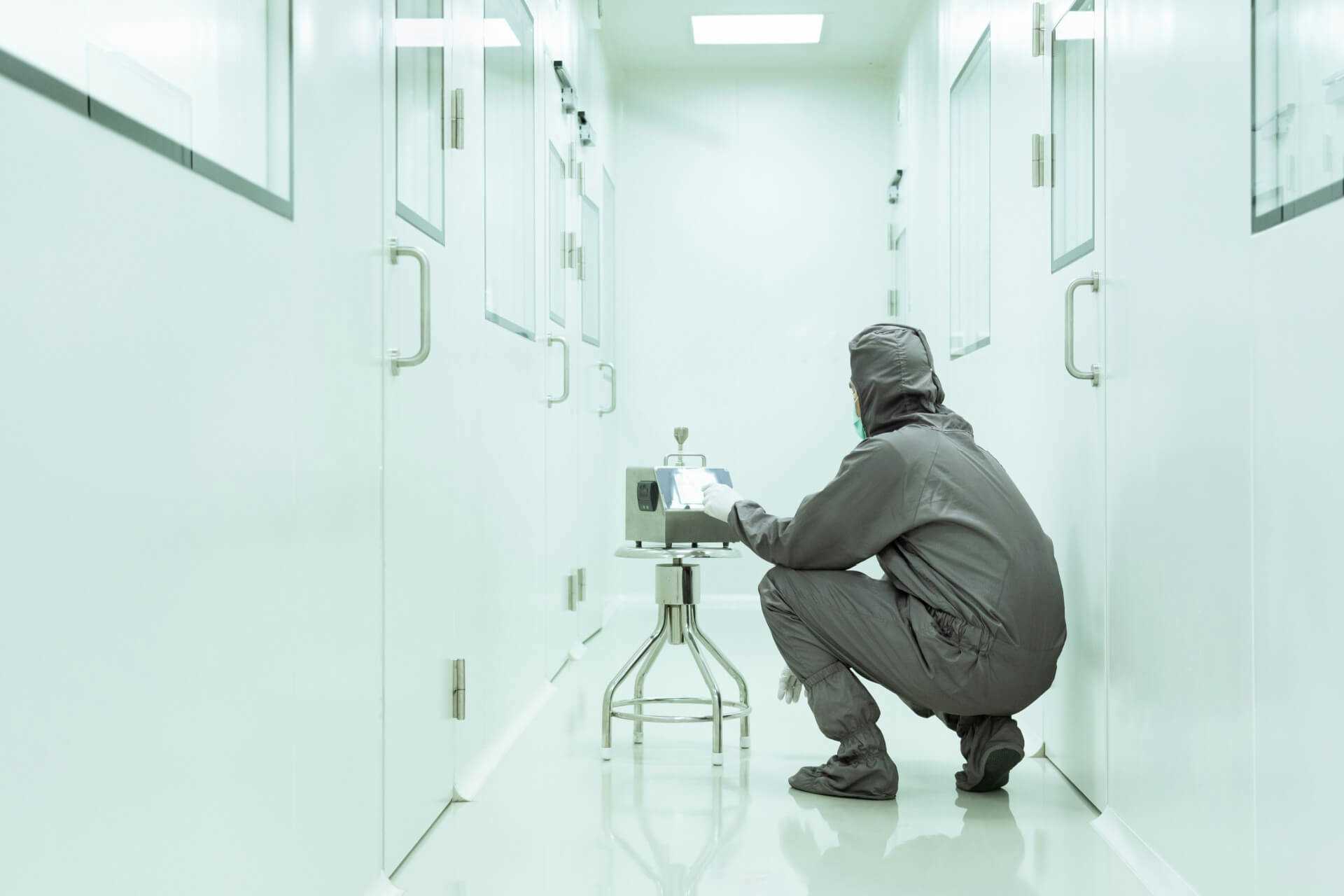
Understanding the FDA's Current GMP Regulations and Guidelines
The Food and Drug Administration (FDA) is responsible for ensuring that all pharmaceuticals, biologics, and medical devices that enter the market are safe, effective, and of high quality. To ensure this, the FDA has established a set of guidelines and regulations for the manufacturing, processing, packaging, and testing of these products. These guidelines are known as Good Manufacturing Practices (GMPs) and are designed to ensure that products are consistently produced and controlled to meet the FDA's quality standards.
In this blog post, we'll take a closer look at the FDA's current GMP regulations and guidelines and how they impact the pharmaceutical industry.
Background on GMPs
GMPs were first introduced in the 1960s and were designed to ensure that pharmaceutical products were safe, effective, and of high quality. Since then, the FDA has updated and revised its GMP regulations to keep up with the changing pharmaceutical industry and to address emerging issues related to product safety and quality.
The Current FDA GMP Regulations and Guidelines
The current FDA GMP regulations and guidelines are outlined in Title 21 of the Code of Federal Regulations (CFR). These regulations cover a wide range of topics related to the manufacture, processing, packaging, and testing of pharmaceutical products.
Some of the key requirements of the FDA's current GMP regulations include:
1. Establishing and following written procedures for all manufacturing and testing processes
2. Ensuring that all equipment is properly maintained, calibrated, and validated
3. Conducting regular audits and inspections of manufacturing facilities and processes
4. Implementing systems for tracking and documenting all aspects of the manufacturing process
5. Ensuring that all employees receive appropriate training and education on GMPs and their specific job functions
The Impact of GMPs on the Pharmaceutical Industry
GMPs have had a significant impact on the pharmaceutical industry, both in terms of product quality and overall safety. By ensuring that pharmaceutical products are consistently produced and controlled to meet the FDA's quality standards, GMPs help to protect patients from the potential harm that can be caused by substandard or unsafe products.
In addition, GMPs also help to ensure that pharmaceutical companies are operating in a safe and responsible manner, which can help to build consumer trust and confidence in the industry.
Understanding the FDA's current GMP regulations and guidelines is essential for anyone involved in the pharmaceutical industry. By adhering to these regulations and guidelines, pharmaceutical companies can ensure that their products are safe, effective, and of high quality, while also building trust and confidence with consumers.
At Vibraclean, we specialize in providing cleaning and validation services to pharmaceutical and GMP facilities. If you need help ensuring that your facility is compliant with FDA regulations and guidelines, contact us today to learn more about our services
